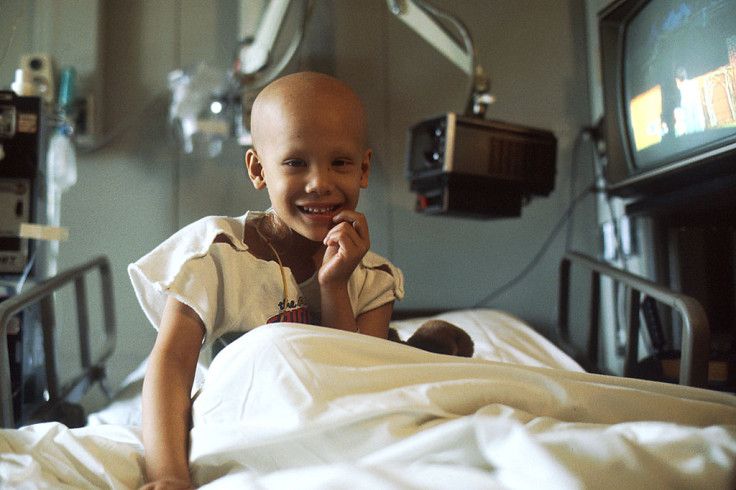Cancer Cannot Be Cured, Scientists Should Be Focusing on Prevention Instead, Says Expert

A leading child leukaemia and cancer evolution expert is controversially calling for scientists worldwide to stop trying to cure cancer and instead focus on prevention.
Professor Mel Greaves, the director of the Centre for Evolution and Cancer at The Institute of Cancer Research, said most cancers cannot be cured, so scientists should give up trying.
"With a lot of respect to oncologists, we need to get smarter. Very intelligent people who aren't scientifically minded think there must be a cause, there must be a cure and it's just not right. It's fundamentally wrong," Greaves said, according to the Telegraph.
"Talking about a cure in terms of elimination is just not very realistic. There are some examples of it. Childhood leukaemia has a cure rate now of 90% but that is an exception.
"There are a few cancers that are curable but most are probably not including the common carcinomas in adults. We should be a bit more subtle. We should not try to eliminate the cancer, we should try to hold it in check."
No cancer therapy works long-term
Despite the treatment options available, Greaves says no cancer therapy is able to work long-term as tumours continue to evolve and mutate by a process of natural selection within the human body's tissue ecosystem.
"You must have noticed that when you read reports about new target therapies, isn't it odd that they work dramatically, but three months later [cancer] is back with a bang. It's almost always the story," he said.
"I would argue that if you look at the age distribution of cancers, most people are in the sixties, seventies and eighties. If you could slow everything down for 10 to 15 years, maybe 20, then that would be a huge advance.
"It is wrong to think we need some fancy therapy that kills it. I think slowing it down is a much more interesting proposition."
Yet, cancer survival rates have improved
A poll from 2012 found three out of four doctors would rather take their chances than undergo chemotherapy if they personally had cancer, and many also would not allow their own families to do take the treatment.
Another problem might not be treatment but misdiagnosis – medical researchers recently discovered that doctors in the US misdiagnose cancer 5% of the time, which is equivalent to 12 million cases annually.
Over 330,000 people are diagnosed with cancer every year in the world and more than one in three people will develop one of over 200 types of cancer at some point in their lifetime.
However, half of all people now survive cancer for at least 10 years and cancer survival rates for five common cancers in England have improved "radically" over the last few years due to earlier diagnosis, according to the latest Cancer Survival in England by Stage report released this week.
© Copyright IBTimes 2024. All rights reserved.






